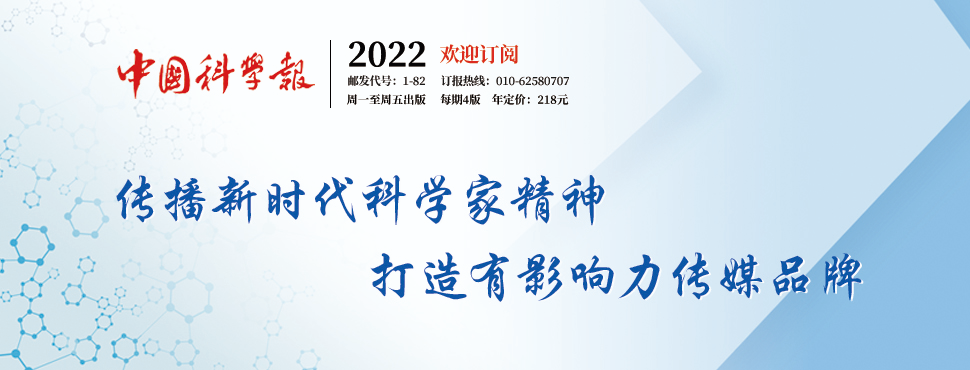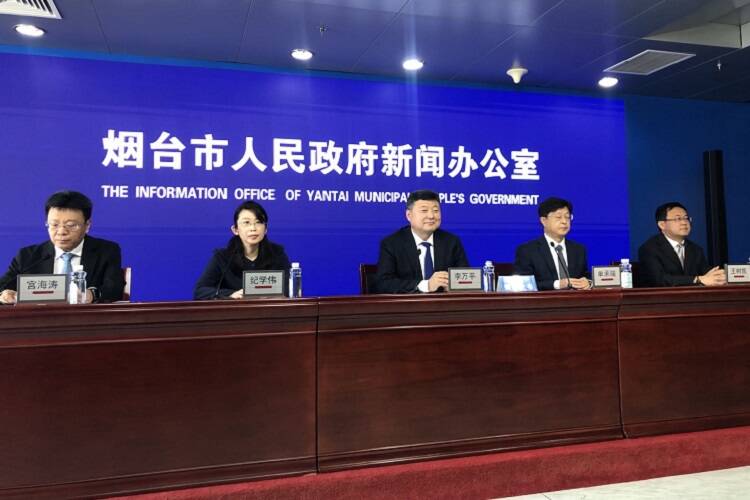Science editor -in -chief calls: It's time to design a more effective withdrawal process
Author:Scientific network Time:2022.08.28
Compilation | Tang Ning
Recently, the editor -in -chief of Science, Holden Thorp, published a social editorial entitled "Recetching the Received Removal Process". He wrote: "It's time to design a more effective solution."
He called for the withdrawal process into two stages: the first stage should evaluate the effectiveness of the paper, so that the journals can decide whether to withdraw the draft earlier. In the second stage, the university determines whether there is any scientific research. This change will accelerate the correction of scientific records.
So who will do the "first stage" review?
HOLDENTHORP told "Revised Observation" that in the first stage, if the university can separate the effectiveness of the personnel from the effectiveness of the papers, they may do it faster; If that, the university will lose a lot.

HOLDENTHORP
The following is the original compilation of the editorial:
The scientific fraud cases that have received much attention are still hindering academic development. Recently, the cases of suspected image fraud and data tampering in the field of Alzheimer's disease disclosed by SCIENCE Magazine, unfortunately showing that the problem still exists.
Each case that tries to correct scientific records involves a back -and -forth tug of and forth between journals, authors and academic institutions. It takes a long time to withdraw the dissertation or at least the theory of expressions, which makes reporters and scientific research integrity advocates (including brave reporters) frustrated. It's time to design a more effective solution.
: Science Heavy: A pioneering paper that has been cited more than 2,300 times, but is suspected of fraud
At present, most journals follow the guidelines for research and incompetence advocated by the Publishing Ethics Commission. Specific to Science, when receiving a report on suspected image processing or other questions, our first step is to contact the author of related papers.
Most of the time, the author will deny these allegations, or insist that the problem can be solved by a slight correction. Many times, we know that none of these answers are not satisfactory. Our next step is to contact the institutions of these papers, after all, we are not an investigation agency. However, the probability of the reply we get is "unclear."
According to the provisions of the Publishing Ethics Commission, we can only contact these institutions every 3 to 6 months to get a response, and these annoying waiting may last for 1 year or even longer.
So, what are the good solutions?
We can make a more active withdrawal instead of a broader consultation, but this may have a great impact on the graduate career of scientists. An error may make them pay a huge price.
We can try to make the university make faster and more transparent decisions. As the former dean of university, I have received many such inquiries. Since I have been in both parties in interaction, I am thinking about how to optimize this process.
In response to the requests of these improper behavior surveys, the US Department of Health and Public Services issued some lengthy legal regulations in 2000. From these complicated regulations, we can see how college managers are paralyzed due to fear of violating the regulations of the agency.
In addition, the dissatisfied authors can also threaten legal lawsuits against the agency, introduce legal consultants and public relations, and put these investigations into an deadlock. Between the school's reputation and possible legal lawsuit, the university pays little attention to the papers in controversy.
For journals, the goals are different. Science just wants to know if these papers should be withdrawn.
Although we are also curious about more details -for example, whether this graduate or post -doctoral is very watery, whether this study is too hasty, or whether there is a PI blatant fraud. However, these are not what we can decide. At the same time, schools are more concerned about personnel issues, and often do not disclose everything.
The solution requires the joint efforts of the university, federal government, funding institutions and magazines.
These investigations should be a two -stage process. The first stage is to evaluate the credibility of papers, not directly accountable. Until a long and more complicated survey of potential illegal behavior, universities can first confirm the effectiveness of papers. If the research is invalid, then the paper can be withdrawn faster.
In the second stage, the university investigates whether there is a deception problem in this non -compliant scientific research, and the magazine will not intervene. This method will greatly accelerate the speed of correcting errors and withdrawals.
I have asked Elisabeth Bik, a well -known integrity research advocate. She believes that one of the investigations of improper behavior cases is beneficial. "Whether the data in the paper is true and credible, and who is responsible for these false data is two different issues."
Reference link:
https://www.science.org/doi/10.1126/sclence.ade3742
https://retractionWatch.com/2022/08/18/its-time-devise-a-mail-eFFICient-SCIENCE-EANTS-TO-The-RETRACTION-PRCESS/Edit | Fangyuan
Capture | Guo Gang
= PNG "Data-NickName =" Science Network "Data-Alias =" ScienceNet-Cas "Data-Signature =" In-circle major events, industry insights, occasionally gossip ... produced by the world's largest Chinese science community, Chinese Science News Agency.We: cooperation market@stimes.cn; submitting tougao@stimes.cn.

Cooperation: hezuo@stimes.cn
Submission: Tougao@stimes.cn
Like this article?Praise + watch support!


- END -
2022 Huawei • Longkou City Smart and Cloud Industry Summit will be held in September

Qilu.com · Lightning News, August 24th. On August 24th, the Press Office of the P...
The cloud is hit!Wuxi "Taihu Cup" Entrepreneurship Competition Japan and South Korea are staged wonderfully

Modern Express News (Reporter Jin Chen Chen Min) On July 2nd, 2022 China Wuxi Taih...